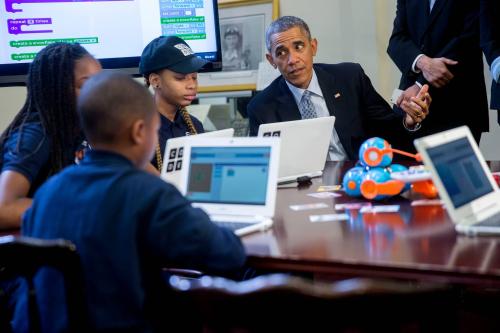This paper is a section of the forthcoming publication “Brazil as an Economic Superpower? Understanding Brazil’s Changing Role in the Global Economy” (Washington, D.C.: Brookings Institution Press), Lael Brainard and Leonardo Martinez-Diaz (eds.).
Abstract
This paper examines the emergence of Brazilian multinationals, focusing on the roles that technology and public policy have played. The paper begins by theoretically contextualizing the discussion, pointing to the prominent role that technology may play in the internationalization of firms. Next, some brief quantitative evidence relating to the growth of Brazilian multinationals and outward foreign direct investment is provided. The discussion then focuses more explicitly on the technology issue, first analyzing the evolution of public policy as it has affected enterprises’ decisions to innovate. In the subsequent section, case study evidence is provided concerning the experiences of Embraer, Petrobrás, CVRD (Vale), and Odebrecht and—more briefly—WEG, Marcopolo, and Gerdau. In the course of the case studies, enterprise technological strategies are discussed and their relationship with public policy and internationalization is analyzed. In all cases, it is established that the development of—or the desire to acquire—technology has been a critical factor underpinning the growth of Brazilian multinationals.


